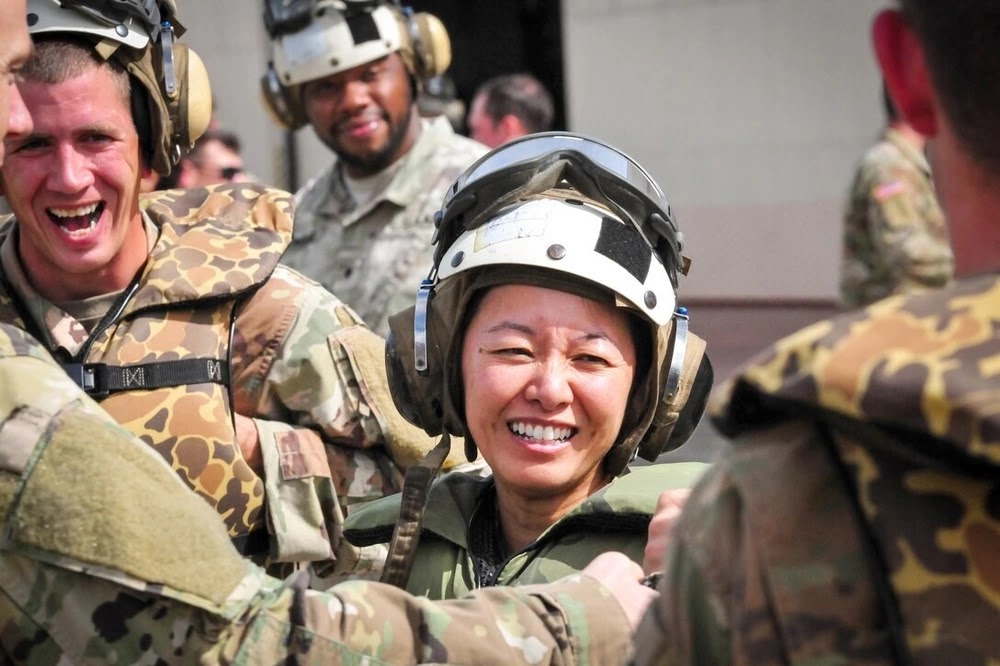WASHINGTON/CARACAS – The United States has successfully secured the release of 10 Americans who had been detained in Venezuela, marking the end of a complex and highly unusual three-way negotiation. In exchange, over 250 Venezuelans, who had been deported from the U.S. and held in a notorious maximum-security prison in El Salvador, were flown back to their home country.
The deal, which also included the release of some Venezuelan political prisoners, resolves a tense diplomatic situation and brings home every American citizen that the U.S. State Department had designated as "wrongfully detained" in Venezuela. Secretary of State Marco Rubio praised the successful negotiations, stating, "Every wrongfully detained American in Venezuela is now free and back in our homeland."
An Unconventional Exchange: The El Salvador Connection
The most unique aspect of this agreement was the group of over 250 Venezuelans at its center. This was not a typical exchange of spies or military personnel. The Venezuelans involved were migrants who had been summarily deported from the United States to El Salvador earlier this year.
The Trump administration had invoked a rarely used 18th-century wartime law, the Alien Enemies Act, to expedite their removal, accusing the men of belonging to the violent transnational gang, Tren de Aragua. However, little evidence was provided to support this claim, and families of the men have consistently denied any gang affiliations.
They were transferred to El Salvador's infamous "Terrorism Confinement Center" (CECOT), a mega-prison built as part of President Nayib Bukele's hardline war on gangs. The situation created a complex legal and humanitarian challenge, which was ultimately resolved through this prisoner swap.
The Released Americans
While the U.S. government has not officially named all the released individuals, citing privacy concerns, some have been identified through family and advocacy groups. Among them are Wilbert Castaneda, a former U.S. Navy sailor, and Lucas Hunter, who was detained while on a motorcycling trip near the Colombia-Venezuela border. The freed group includes both U.S. citizens and legal permanent residents who had been detained under questionable circumstances by the government of Nicolás Maduro.
A Diplomatic Maneuver
The agreement is the result of months of quiet, high-stakes negotiations involving U.S. officials, the Venezuelan government, and the crucial participation of El Salvador's President Bukele, who first proposed a swap in April.
Upon the Venezuelans' arrival in Caracas, President Maduro celebrated their return, claiming they had been "kidnapped, disappeared, and tortured." U.S. officials, meanwhile, have framed the deal as a purely "humanitarian" gesture, focused on bringing detained Americans home and insisting that it did not involve any discussion of lifting U.S. sanctions on Venezuela. This complex arrangement allowed both Washington and Caracas to achieve a primary objective without making major concessions on core policy issues.









